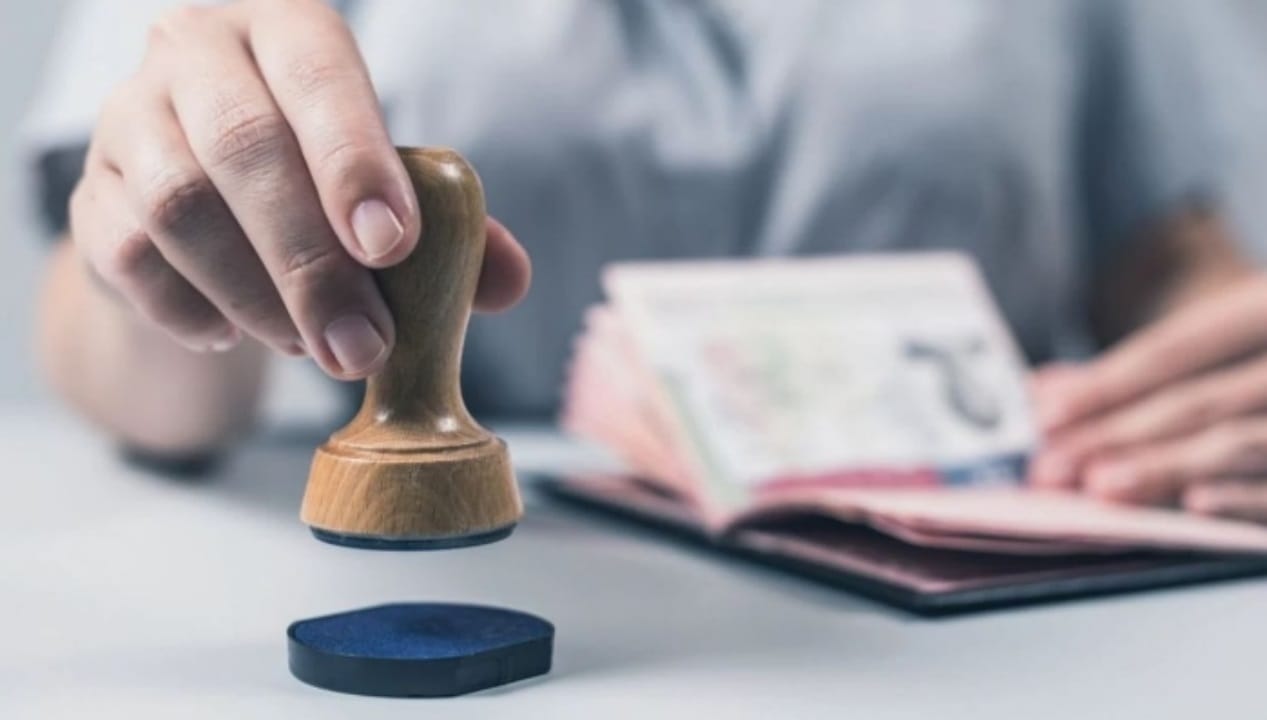
A netizen recently shared a troubling experience on the Chinese social media platform Little Red Book, detailing how his U.S. visa was unexpectedly revoked following a WeChat post.
The individual had just received both a U.S. seaman’s visa and a tourist visa and excitedly shared the news on WeChat. Unfortunately, he failed to blur the visa number in the shared image. Shortly after, he received an email from the U.S. embassy stating that his visa had been canceled. The individual believes that someone may have maliciously used his visa information in the EVUS (Electronic Visa Update System), resulting in the revocation.
Despite efforts to appeal to the embassy — including providing extensive documentation and going through another consular interview — the individual has not succeeded in obtaining a new visa. This incident serves as a reminder of the importance of online privacy and cautious sharing.
Tips for Enhancing Online Privacy
With the digital world ever-evolving, protecting personal information is more important than ever. In early October, ahead of the Chinese National Day holiday, the Cybersecurity Bureau of the Ministry of Public Security offered guidance on protecting personal information to prevent potential risks and losses. Here are some key tips to keep in mind:
Avoid Sharing Sensitive Documents
Refrain from sharing images of travel tickets or boarding passes, as they often contain personal information, including ID numbers, which could be exploited.
Do Not Share Photos of Keys
Clear images of keys can enable criminals to duplicate them if the design is straightforward, so be cautious when sharing.
Be Careful with Location-Sharing
Location-tagged posts can reveal your home address, potentially exposing you to unnecessary risks.
Protect Important ID Photos
Sharing images of personal documents (such as IDs, passports, or driver’s licenses) should be avoided to prevent exposure of critical personal data.
Safeguard Information About Children and Elders
Avoid posting details and images of elderly family members or children, as these can be misused, especially if they include geographic markers.
Exercise Caution with Public Wi-Fi
Only use trusted Wi-Fi networks, and avoid accessing sensitive information, logging into accounts, or making online payments on public networks to reduce the risk of data theft.
Dispose of Old Devices Properly
Old devices can store extensive personal data. Simply deleting files or doing a factory reset may not be sufficient; filling the storage with non-essential data before disposal can help prevent recovery.
Beware of Phishing Websites
Avoid clicking on suspicious links, and verify the authenticity of websites before entering personal information to prevent identity theft or fraud.
Be Cautious with Online Surveys
Online surveys and promotional offers can lead to information leaks. Always verify the source’s legitimacy, download apps from official channels, and be cautious with permissions to avoid malicious access.
Download Apps from Official Sources Only
Always obtain apps from official channels and exercise caution when granting permissions for contacts, location, or photos to prevent malicious apps from accessing your personal information.
By following these tips, individuals can strengthen their personal information security and reduce risks in online interactions.
